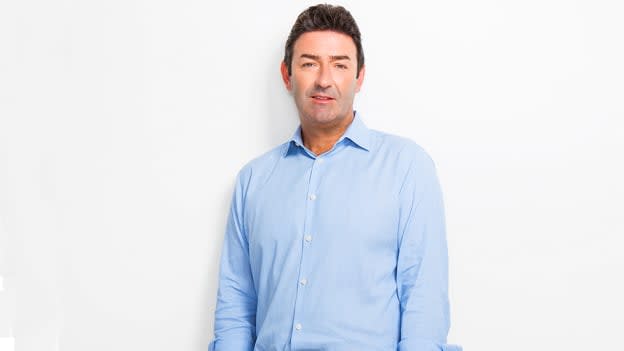Ex-McDonald's CEO Steve Easterbrook returns his equity benefits; puts spotlight on pay gap

Former McDonald's CEO Steve Easterbrook has paid back more than US$105 million in equity awards and cash to the company after the burger giant sued him in 2020 for lying about the extent of his misconduct while he was its top executive.
As per the original case, Steve Easterbrook was fired “ without cause” in a workplace misconduct incident with a female employee. The case gained notoriety after McDonald’s alleged mis-management in resolving the sexual harassment issue and for Easterbrook’s generous severance package.
In a company statement shared by him, he said, "During my tenure as CEO, I failed at times to uphold McDonald's values and fulfill certain of my responsibilities as a leader of the company. I apologize to my former co-workers, the board and the company's franchisees and suppliers for doing so."
McDonald's fired Easterbrook in late 2019 after he acknowledged exchanging videos and text messages in a non-physical, consensual relationship with an employee. McDonald's board approved a separation agreement "without cause" on the basis of evidence, that allowed Easterbrook to keep millions in stock-based benefits and other compensation.
Yet an anonymous tip in in July 2020 claimed that Easterbrook had engaged in a sexual relationship with another employee. It refuted Easterbrook’s earlier claims with the company noting that he had removed evidence of those relationships from his phone.
In May 2021, 13 U.S. cities saw extreme protests from workers against low pay and McDonald's handling of alleged sexual harassment. Dozens of McDonald's workers have filed sexual harassment complaints in recent years, alleging everything from lewd comments, groping, retaliation and low pay in fewer cases.
Easterbrook’s huge package of equity benefits and cash does raise the issue of pay gaps between the top executives and rest of the employees of the company.
It's relatively unusual for a CEO to receive a severance package after being fired. But the board of directors at McDonald's originally decided that his firing is not for cause — a threshold that varies by company but if untrue, the litigation in a protracted dispute can be tricky and expensive.
According to the latest McDonald's disclosures, Easterbrook made $15.9 million in 2018 in comparison to a U.S. crew member at McDonald's, who makes an average of $9 an hour [Glassdoor]. His pay is more than 2000 times than the median income of a McDonald's employee. .
"Wow, he [did] walk away with a lot of money," says Cornell Law School professor Stewart Schwab, an expert on employment law told npr.org. "And it comes out as part of the story of just, wow, [the] 1% gets a lot more money than the rest of the workers in this economy."
Although the case is settled with Easterbrook’s pay returned, it still begs the question about how big companies are planning to find resolution for the pay gap issue. As for McDonald, they made an unexpected commitment to no longer lobby against minimum-wage hikes and added at least $1 an hour more to the local minimum wage to employees of the restaurants owned by the corporation.
















